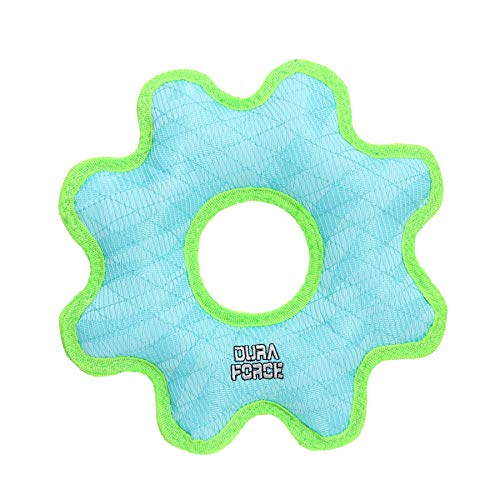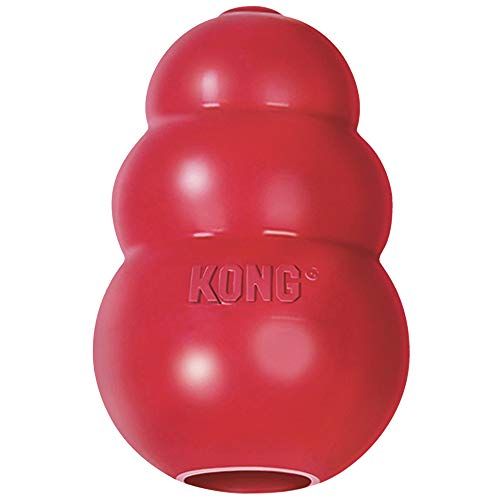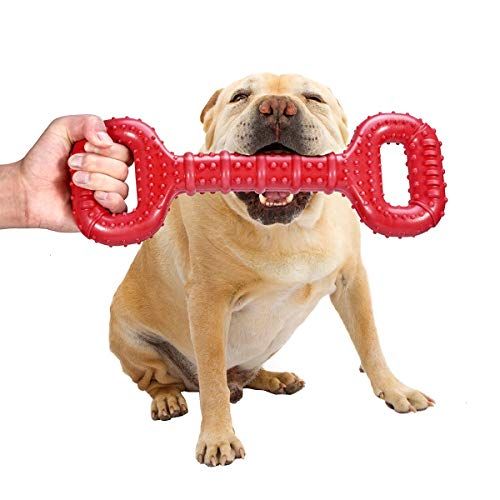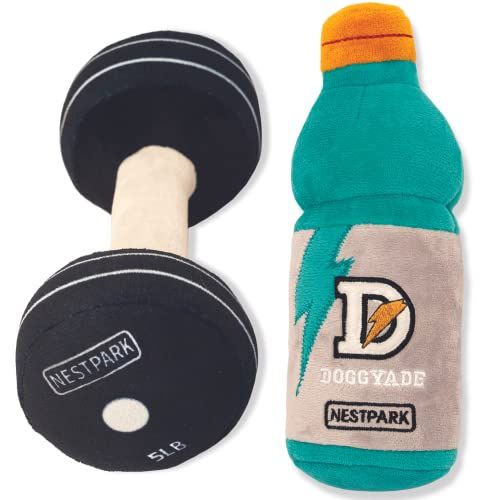Choosing the Perfect Size: Guide to Selecting Your Dog's Bed
Every dog owner knows the importance of a good night's sleep for their furry friends. A well-selected bed isn't just a comfortable spot—it's a safe haven that your dog will love. But how big should a dog bed be? It's a common question with a multifaceted answer. In this guide, we'll explore the factors that influence the ideal bed size for your pet, including their breed, size, and unique sleeping patterns. Let's embark on this journey to guarantee your pup the sweetest of dreams.
Understanding the appropriate size of a dog bed can greatly impact your furry friend's comfort and well-being. It is crucial to think about your dog's breed, size, habits, and sleeping style before deciding on the perfect bed size.
Step 1: Measure Your Dog
Start by measuring your dog. The simplest way to do this is to have your dog stand in a full, natural stance. Use a tape measure to measure from the tip of the nose to the base of the tail. This will give you the length of your dog.
Next, measure your dog's height. Make your dog sit on its haunches and measure from the floor to the highest point of their shoulder or head (whichever is taller when they are sitting).
Step 2: Consider Their Sleeping Style
Dogs have unique sleeping styles just like humans do. Some dogs love to sprawl out when they sleep, taking up much more space than when they're standing or sitting. Others like to curl up into a ball, taking up less space.
If your dog prefers to sprawl out, you'll want a bed that is larger than their length and height measurements. If they prefer to curl up, a bed that is the same size or slightly larger than their measurements should suffice.
Step 3: Evaluate Your Dog’s Breed and Age
Certain breeds have unique requirements. For instance, breeds prone to joint issues like German Shepherds or Golden Retrievers might benefit from an orthopedic dog bed, which often comes in larger sizes.
Age is another consideration. Older dogs might struggle to get up from a bed that is too low to the ground, so a larger, elevated bed might be better.
Step 4: Consider the Bed’s Location
Where you plan to put the dog bed in your home could also affect the size of the bed. If you're placing the bed in a corner or a specific piece of furniture, make sure to measure that space to ensure the bed will fit comfortably.
Step 5: Check the Bed’s Dimensions
When purchasing the bed, double-check the dimensions listed on the product. Do not just rely on terms like "medium," "large," or "extra-large" as these terms do not have standard definitions across different brands.
Step 6: Allow Room for Growth
This is particularly important for puppies. They grow quickly, and what might be the perfect size now could be too small in a couple of months. Consider your puppy's expected adult size when buying a bed.
Step 7: Comfort is Crucial
Lastly, but most importantly, the bed should be comfortable for your dog. The bed should be large enough for your dog to stretch out comfortably, but cozy enough for them to feel secure.
Following these steps will ensure you find the perfect bed size for your dog. Remember, investing in a good-quality dog bed is not only beneficial for your dog's comfort but can also have positive impacts on their health and well-being.
Want to learn more: How big should dog bed be
Remember, the key is to consider all factors including your dog's size, sleeping style, breed, age, and the bed's location. By understanding these elements, you'll be able to find a bed that your dog will love.
Lastly, while sizes and measurements are crucial, the ultimate goal is to provide a safe, cozy, and comfortable space for your dog to rest and sleep. After all, a well-rested dog is a happy and healthy dog!

















